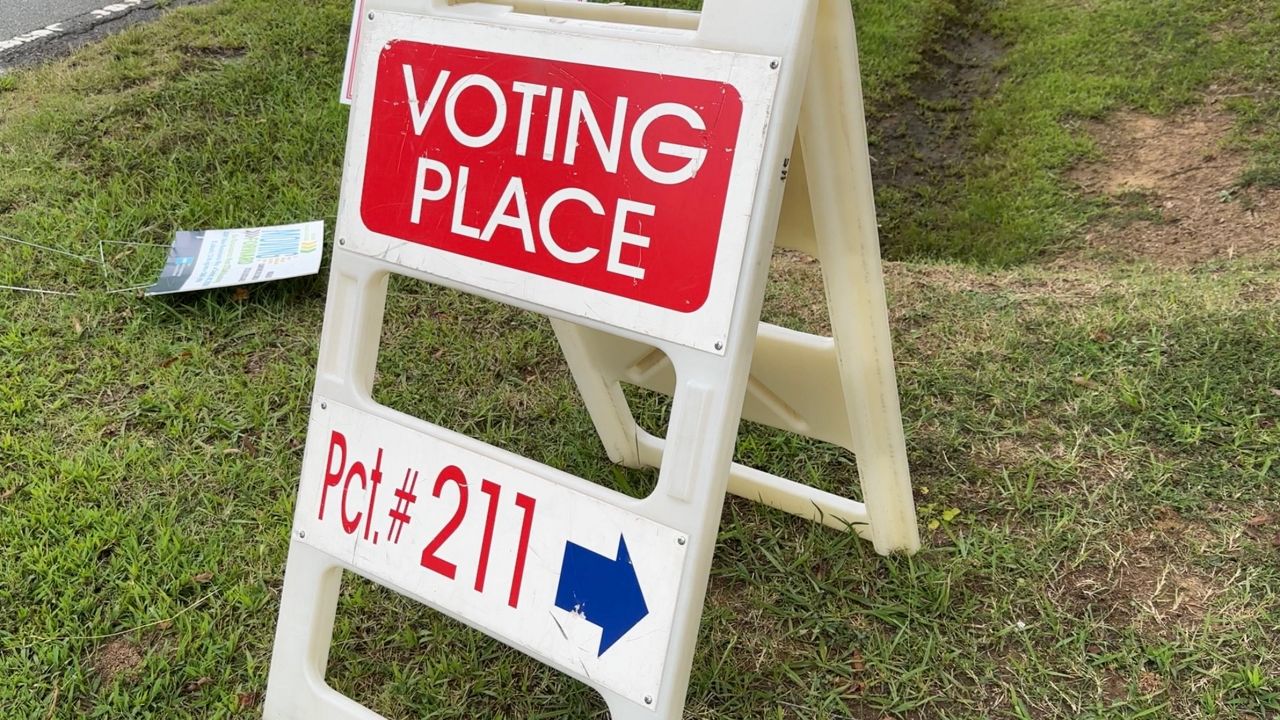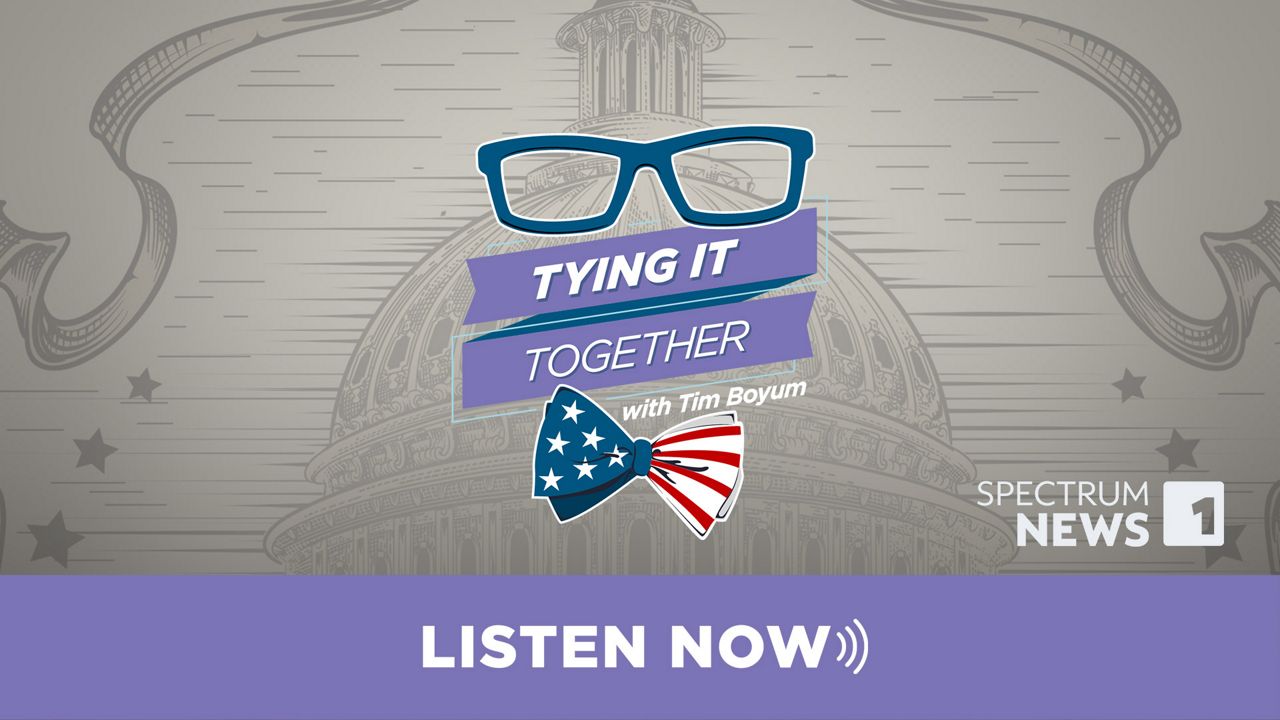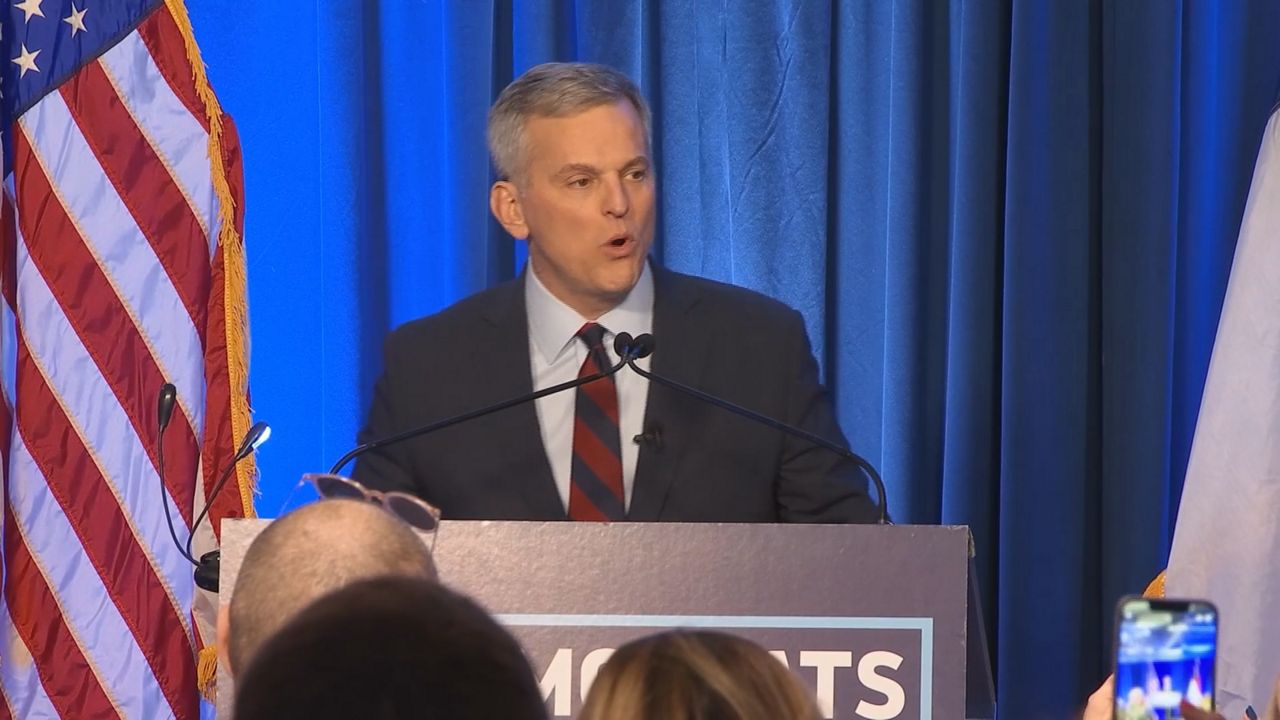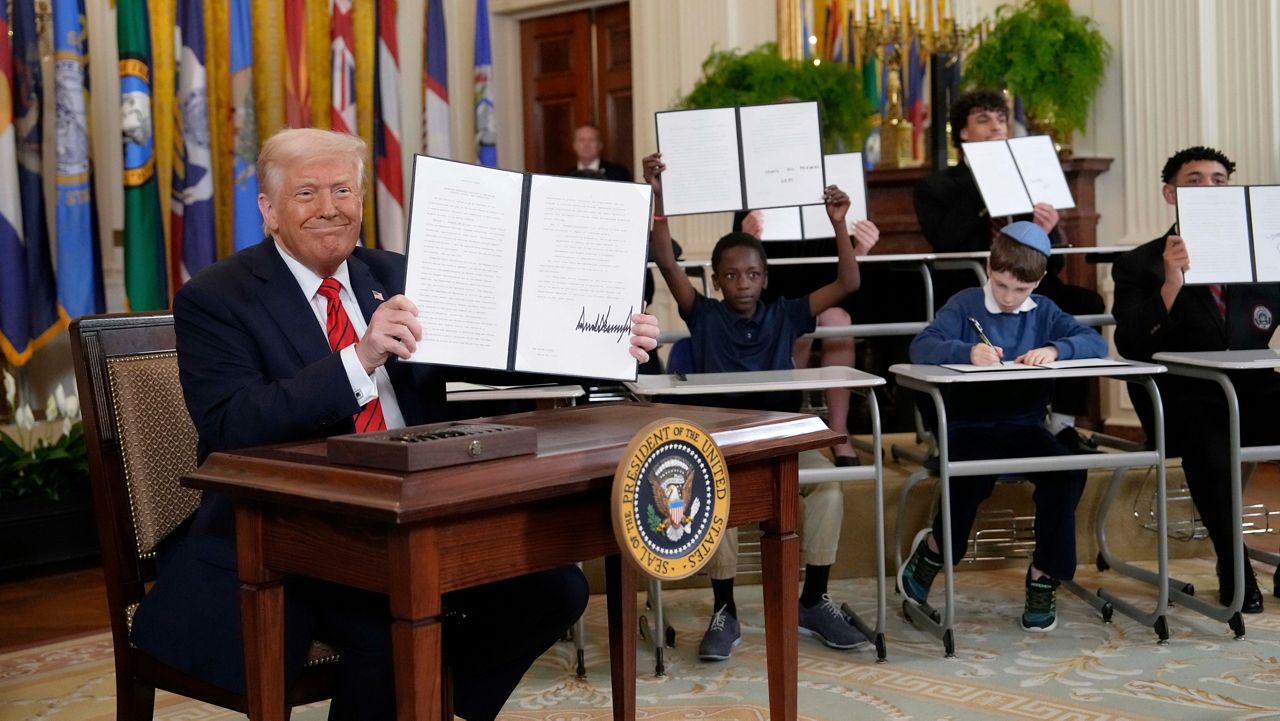Incumbent members of the Charlotte City Council fared well Tuesday, with most winning the Democratic nominations.
Incumbent Mayor Vi Lyles won her primary election and is favored to win a fourth term in the heavily Democratic city in the General Election. She will face Republican Misun Kim and Libertarian Rob Yates on Nov. 7.
With only Democrats running in three districts, campaigning is over for candidates running in Districts 2, 4 and 5.
Malcolm Graham will represent District 2 in northwest Charlotte, Renee Perkins Johnson won for north Charlotte’s District 4 and Marjorie Molina for District 5 in east Charlotte.
In the race for the Queen City’s four at-large council seats, seven Democrats ran for the nomination. Voters chose their four top candidates.
Incumbent at-large council member and Mayor Pro-Tem Braxton Winston is not running for reelection.
Libertarian Steven DiFiore will challenge the Democrats in the General Election for city council at-large.
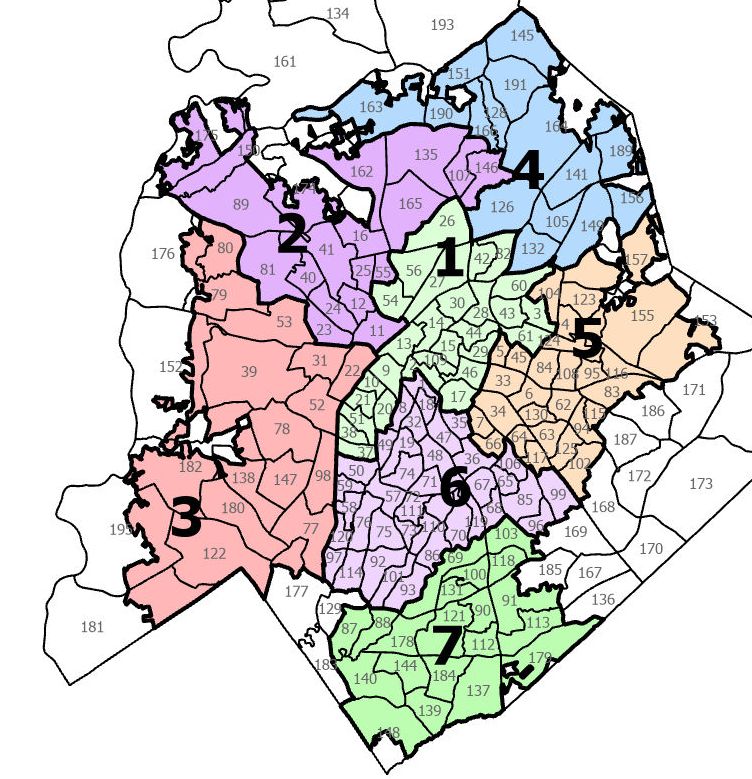
Here are the unofficial results of Tuesday’s Democratic primary:
At-large
- Dimple Ajmera* - winner
- Ben Copeland
- Charlene Henderson El
- Victoria Watlington - winner
- James (Smuggie) Mitchell, Jr.* - winner
- John X. Henny
- LaWana Slack-Mayfield* - winner
District 2
- Malcolm Graham* - winner
- Gary Linn Young II
District 3
- Tiawana Deling Brown - winner
- Melinda Lilly
- Warren F. Turner
District 4
- Renee Perkins Johnson* - winner
- Wil Russell
- Olivia Scott
District 5
- Marjorie Molina* - winner
- Vinroy Reid
- Curtis M. Hayes, Jr.
*incumbent
Each member of 12-seat Charlotte City Council is up for election this fall, but District 1’s Dante Anderson and District 7’s Ed Driggs are running unopposed.
There was low turnout for Tuesday’s election. Less than 5% of eligible voters cast ballots in the primary.
Tuesday’s election in Charlotte was the first under North Carolina’s new voter ID law.
During early voting, county election officials said the new voter ID rule did not pose many problems.
Kristin Mavromatis, with the Mecklenburg County Board of Elections, said most voters should not need to worry about the new requirement.
“The easiest thing is that, if you have a driver’s license or state ID from DMV, you’re already good to go. Just bring your driver’s license or your North Carolina state ID. Show that, and you will have no issues,” Mavromatis said during early voting.
Voters can also use other photo ID cards, including passports, military IDs and approved student or employee IDs. The State Board of Elections has a full list of approved IDs.
Most North Carolina cities, towns and counties will have primary elections Oct. 10 ahead of the Nov. 7 General Election.
Related: Seeking a 4th term as mayor, Lyles wins primary with a large margin





